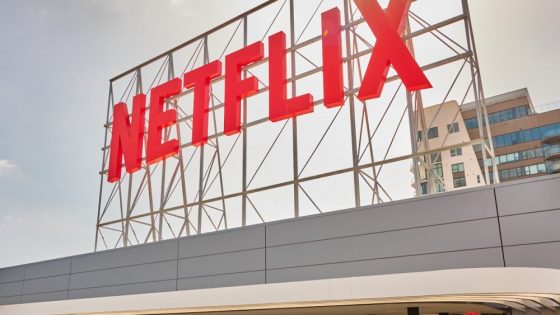Netflix on Monday released the latest update to its culture memo, its guiding set of principles for how the company operates.
The new iteration of the influential document does not really reflect any fundamental changes to the company’s core principles. The new title is “Netflix Culture — The Best Work of Our Lives,” whereas most recently it was titled “Netflix Culture — Seeking Excellence.”
One of the most noticeable changes: Netflix has replaced the “Freedom and Responsibility” heading and now incorporates those principles under a section called “People Over Process.” However, the principle that Netflix still lets employees act on their own initiative without a lot of red tape is still embodied in the doc. The new iteration puts an “emphasis on responsibility, and the focus on good and bad process versus no process at all,” chief talent officer Sergio Ezama wrote in a blog post about the new version of the culture memo.
Netflix continues to not have officially outlined expenses or vacation policies. The company’s vacation policy is two words: “Take vacation.” And the expenses policy is five words: “Act in Netflix’s best interests.”
“You might think that this kind of freedom leads to chaos,” Ezama noted. “While we’ve had our fair share of failures — and a few people have taken advantage of our culture — our emphasis on individual autonomy has created a very successful business.”
Netflix’s new culture memo includes these two items as among its four core principles (alongside “The Dream Team” and “People Over Process” entries):
- Uncomfortably Exciting: To entertain the world, we need to be bold and ambitious. That means embracing the thrill of what’s next — even when it’s uncomfortable.
- Great and Always Better: We often say Netflix sucks today compared to where we can be tomorrow. We need the self-awareness to understand what should be better, and the discipline and resilience to get there.
Meanwhile, it still includes Netflix’s notorious “Keeper Test,” which encourages managers to dismiss staffers if the answer to the question is, “If X wanted to leave, would I fight to keep them?” is “No.” But the new version softens the language a bit: “In the abstract, the keeper test can sound scary. In reality, we encourage everyone to speak to their managers about what’s going well and what’s not on a regular basis. This helps avoid surprises,” the updated version says.
The updated Netflix culture memo is shorter: It clocks in at 2,264 words, down from more than 3,800 in the most recent version. “We’ve shortened it by focusing on what’s most important, and what differentiates Netflix,” according to Ezama.
Co-cofounder Reed Hastings introduced the original 125-page Netflix culture slide deck in August 2009. Since then, Netflix has revised the document four times. The latest version has been “12 months in the making, with every employee given the chance to weigh in,” according to Ezama. In total, Netflix staffers submitted more than 1,500 comments.
“We believe that our culture is key to our success and so we want to ensure that anyone applying for a job here knows what motivates Netflix — and all employees are working from a shared understanding of what we value most,” Ezama wrote.
Read the new Netflix culture memo at this link.
Source Agencies



